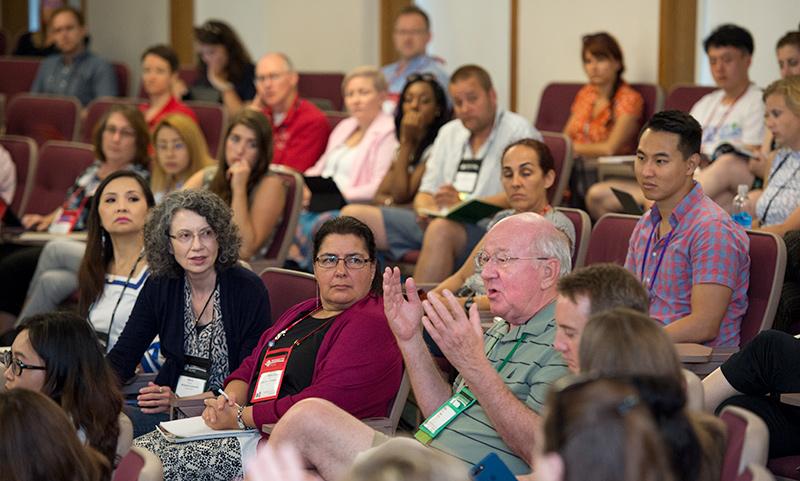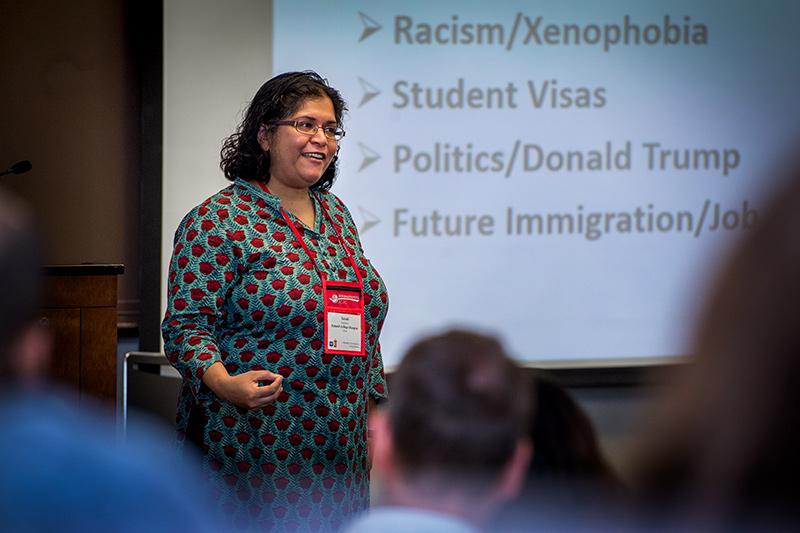Trump, US politics show effect on American college admission
America’s politics reach far beyond its borders, affecting the lives of students on the opposite side of the world.
During a session this week at the International Association of College Admission Counselors (IACAC) conference hosted by Tulane and Loyola universities, the effects of changes to U.S. immigration policy took center stage as participants shared their experiences and grasped for a greater understanding of the international applicant and student experience under the Trump administration.
“How many of you are experiencing denied visas from Vietnam and China, but no denials from Russia?” asked a member of the audience who works as a counselor at an international high school.
“How do we explain to a student that they are safe from guns when many people feel they have to carry a gun while walking through a parking garage?” asked another.
As universities in the United States compete for international students, high school counselors abroad say that more students — guided by their parents — are considering other options based on concerns about safety on and around campus, gun violence, racism and xenophobia, the availability of student visas, and the future of immigration in America.
“We see what’s in the media, and when we go out to recruit, we are having these conversations,” said presenter Matt Stiegemeyer of Concordia University in Canada. “There’s an uptick in questions we’re hearing and we’re using data to try and figure things out.”
An IACAC survey of international high school guidance counselors showed that most schools saw a decrease in the number of applications submitted to U.S. colleges and universities, explained presenter Sonali Hutchison, of Dulwich College in Shanghai. While the United States saw a decrease, Canada, Europe and Asia all saw increases in applications to their universities.
“If students are coming from a Muslim country they fear they’ll have some troubles,” said Hutchinson, “they look at Europe because they can do liberal arts there or Canada, because it’s close and matches their needs.”
The conference concludes on Friday, July 13.


